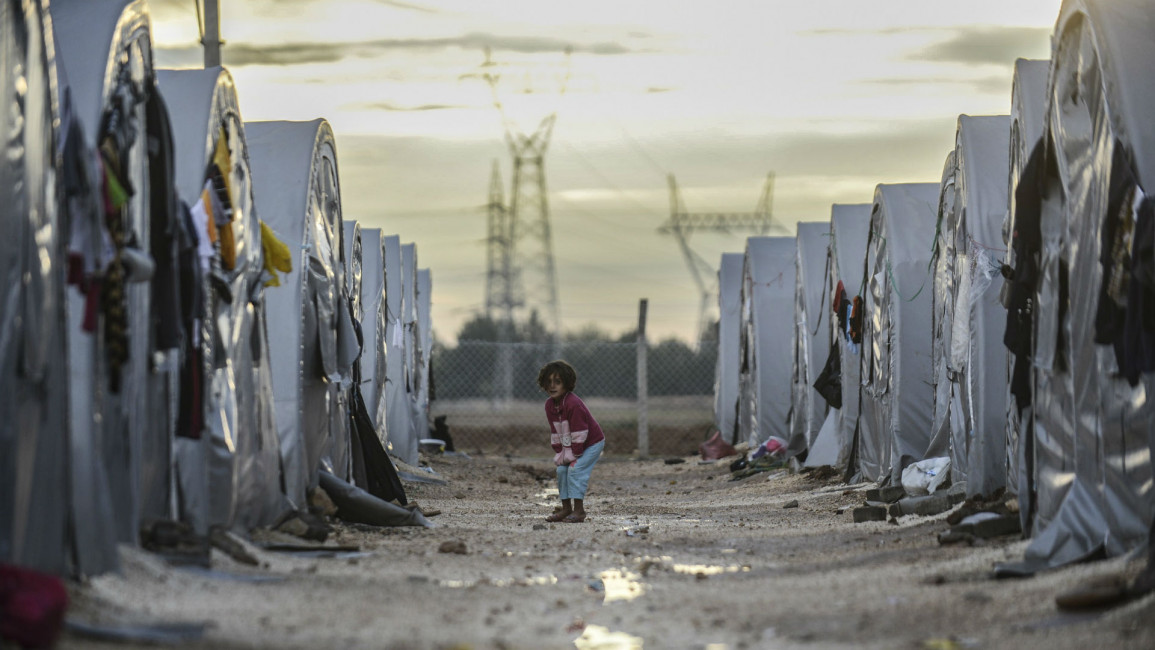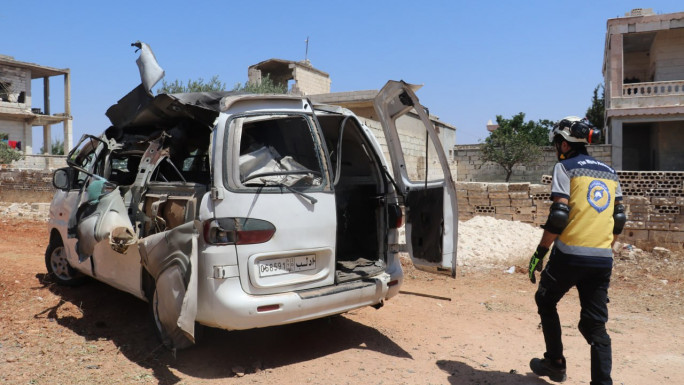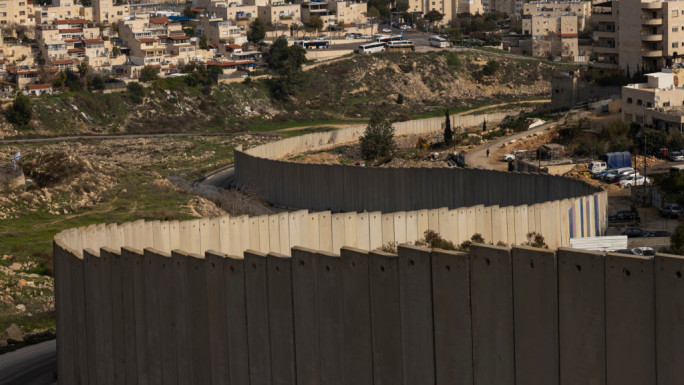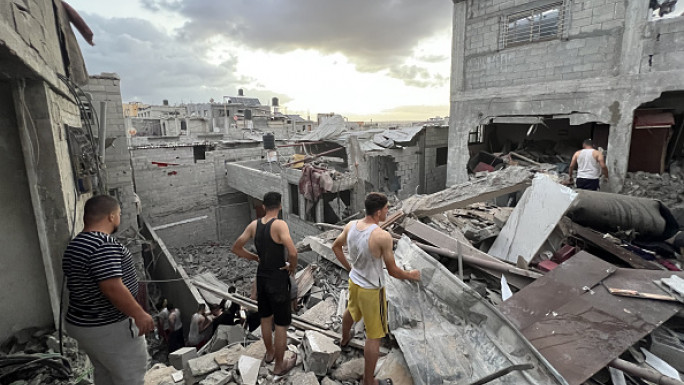First US arms drop to anti-IS Kurds in Kobane
The US military has airdropped weapons and ammunition to fighters of the Kurdish People's Protection Units (YPG) battling the Islamic State group (IS, formerly known as ISIS) militants for control of the Syrian town of Kobane, which lies on the Turkish border.
The airdrops, which also included medical supplies, are the first of their kind in this theatre of operations, although the US-led anti-IS coalition has launched more than 135 airstrikes against IS fighters in the Kobane area.
Turkey has so far not allowed YPG forces to receive arms across its border, leaving airdrops as the US' only viable option. Turkey has fought a bloody three-decade insurgency against Kurdish rebels linked to the YPG in the southeast of the country.
'Valiant Kurds'
Several Hercules C-130 cargo planes made multiple drops of arms and supplies provided by Kurdish authorities in Iraq, said a statement from the US military's Central Command.
Using an acronym for the Islamic State group, CentCom stated: "Combined with continued resistance to ISIL on the ground, indications are that these strikes have slowed ISIL advances into the city, killed hundreds of their fighters, and destroyed or damaged scores of pieces of ISIL combat equipment and fighting positions."
US Secretary of State John Kerry voiced his support for the Kurdish forces fighting IS, describing them as "valiant". He added that it would be "irresponsible" and "morally very difficult" not to aid the Kurds.
Over the weekend, more than 30 IS fighters were reported killed in Kobane, according to the London-based opposition group, the Syrian Observatory for Human Rights.
IS started its campaign to take Kobane on September 15, and appeared to be on the verge of taking the town until a Kurdish counter-attack, aided by coalition airstrikes, stopped the IS advance. The two sides currently control around half the town each, while some 200,000 refugees have fled over the border into Turkey.
The fighting appears to be finely balanced, with a senior US official saying that Kurdish fighters had put up an "impressive effort".
Turkish unease
Turkish opposition to arming the YPG forces has meant that arms deliveries have not gone through the Turkish border to Kobane, nor have US fighter planes participating in the anti-IS airstrikes been allowed to take off from Turkish airbases.
| We have no wish at all to see Kobane fall. - Mevlut Cavusoglu, Turkish FM |
Washington has been pressing Ankara to take a more direct role in taking on IS but its efforts have been complicated by Turkey's concerns about emboldening nationalist sentiment among its own large Kurdish minority.
The YPG has close links with Turkey's outlawed Kurdistan Workers Party (PKK), which is blacklisted as a terrorist group by both Washington and Ankara.
On Sunday, Turkish President Recep Tayyip Erdogan again described the YPG as "terrorists" and ruled out any arms deliveries.
Yet on Monday, Turkish foreign minister Mevlut Cavusoglu told reporters in Ankara that his country was assisting Iraqi Kurdish Peshmerga fighters to cross into Syria and join their fellow Kurds in the fight for Kobane.
"We have no wish at all to see Kobane fall" to the jihadists, Cavusoglu added.







